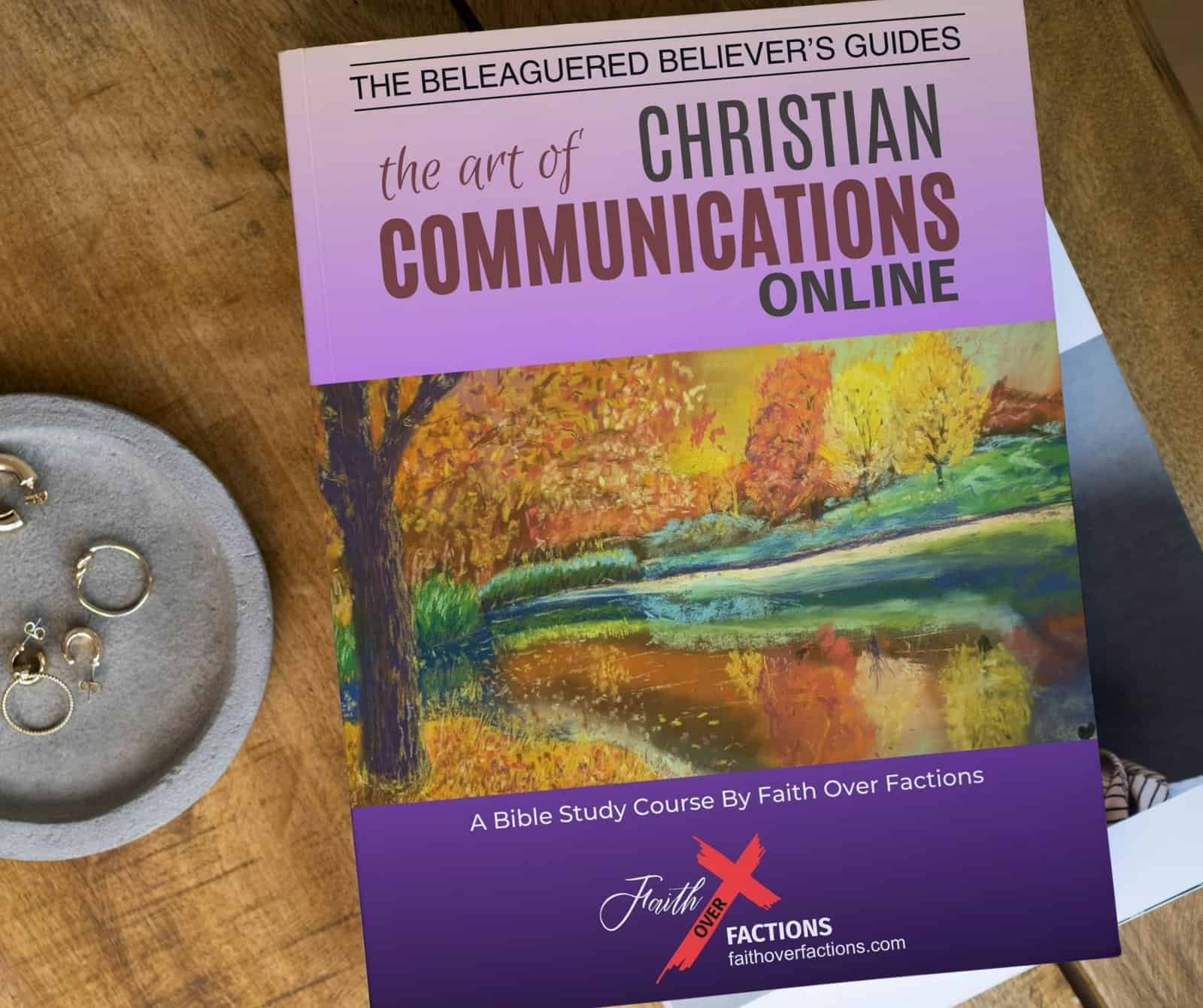
Intro: When Zeal Becomes a Weapon
In a world where every disagreement feels like a battleground, many believers are drawn into what can only be called Combative Christianity—a version of faith more known for what it opposes than the love it offers. But is this what Christ intended?
This reflection invites a pause for honest self-examination. Is our faith drawing people toward the light of Christ, or driving them away through judgment and division? Scripture calls us to something deeper: not a fight against people, but a life shaped by truth, humility, and radical grace.
Let’s rediscover the quiet power of gentleness.
Key Bible Passage
“But the wisdom from above is first of all pure. It is also peace-loving, gentle at all times, and willing to yield to others. It is full of mercy and the fruit of good deeds. It shows no favoritism and is always sincere.”
James 3:17–18Context: James, the brother of Jesus and a key leader in the early church, wrote this letter to scattered Jewish believers who were struggling with trials, temptation, favoritism, and internal division. In chapter 3, he addresses the destructive power of the tongue and contrasts earthly wisdom—marked by jealousy and selfish ambition—with the wisdom that comes from above.
His audience faced the temptation to assert control or defend truth through harshness and pride. But James makes it clear: true wisdom isn’t loud or forceful—it’s peace-loving, gentle, and full of mercy. It doesn’t just inform the mind; it shapes the heart to reflect Christ.
Identifying the Issue: When Faith Turns Into a Fight
In today’s culture of outrage and opposition, many Christians have adopted a posture of constant combat—attacking secular values, denouncing other religions, and publicly confronting sin with intensity, sometimes even hostility. Social media feeds, pulpits, and conversations are increasingly marked by what feels like warfare rather than witness.
Confusing Zeal With Righteousness
There is no doubt that truth matters. But when passion for truth eclipses the tone of love and the target of redemption, we risk distorting the very gospel we claim to defend.
Have we confused spiritual zeal with righteousness? When faith becomes a sword aimed at others instead of a bridge leading them to God’s heart, we’ve stepped out of alignment with Christ’s example—and into something far more human and harmful.
Cultural / Historical Context: Faith in the Fire
The first-century church was born into turbulence. Believers lived under the shadow of Roman occupation, with its brutal control and emperor worship, while also navigating tension with Jewish religious authorities who viewed the Jesus movement as heretical. They were mocked, marginalized, and in many cases, persecuted.
Yet, early Christians did not respond with hostility or retaliation. Their power was not in protests or public condemnation, but in quiet acts of courage—feeding the hungry, welcoming outcasts, and showing love to enemies. They didn’t water down their beliefs to avoid conflict, but they also didn’t weaponize their faith to provoke it.
Much like today, their world was deeply divided—politically, religiously, socially. Yet they proved that gentleness, humility, and faithful service could still pierce through hardened hearts. Their example challenges us: in a culture driven by division, will we echo the noise—or embody the peace of Christ?
Biblically Consistent Solution: The Power of Gentle Truth
Jesus never compromised the truth—but He also never used it to crush people. His approach consistently revealed grace alongside conviction. When He met the woman caught in adultery, He didn’t ignore her sin—He called her to leave it behind. But first, He disarmed her accusers and met her with compassion (John 8:1–11). This is the kind of truth-telling that changes lives—truth wielded not as a weapon, but as a light.
Scripture teaches that love is not an optional softening agent—it’s the very essence of God’s nature. The apostle Paul writes that if we speak with the tongues of angels but lack love, we are nothing but noise (1 Corinthians 13:1). And James reminds us that wisdom from above is peace-loving, gentle, and full of mercy—not argumentative or harsh.
As theologian N.T. Wright put it: “Truth without love is not really truth, just as love without truth is not really love.” In Jesus, we find the perfect union of both.
The gospel doesn’t call us to win arguments—it calls us to win souls. That begins not with volume, but with virtue. Not with offense, but with openness. We don’t dilute truth to make it gentle; we deepen it by living it out in gentleness.
Action Steps: Check, Choose, Bless
Supporting Scriptures
Conclusion & Call to Action: From Combat to Compassion
When #CombativeChristianity defines our faith, something essential is lost. We may win arguments, but we risk losing hearts. The credibility of our witness doesn’t rest in how loudly we speak—but in how deeply we love. The world is not desperate for more noise. It’s hungry for the unmistakable presence of Jesus, lived out through gentleness, grace, and truth.
Imagine a faith that doesn’t just take a stand—but extends a hand. What would it look like to witness with wisdom instead of war? To reflect the heart of Christ, not just the heat of debate?
We invite you to share your reflections in the comments below or join the conversation on social media using #FaithOverFactions and #CombativeChristianity. Let’s lift up Christ—not just our causes—and lead with the kind of love that transforms lives.







